Motor skills development Alphabet Worksheets for Ages 3-9
6 filtered results
-
From - To
Discover our engaging Motor Skills Development Alphabet Worksheets, designed for children aged 3-9! These worksheets provide a fun and interactive way for young learners to develop essential fine motor skills while mastering the alphabet. Each sheet features exciting activities that promote dexterity, hand-eye coordination, and letter recognition. From tracing letters to completing fun exercises, every worksheet is crafted to encourage creativity and concentration. Ideal for both classroom and home use, our resources are perfect for parents and educators looking to support early childhood development. Start inspiring your child's learning journey with our comprehensive and enjoyable alphabet worksheets today!


Letter H Tracing Page
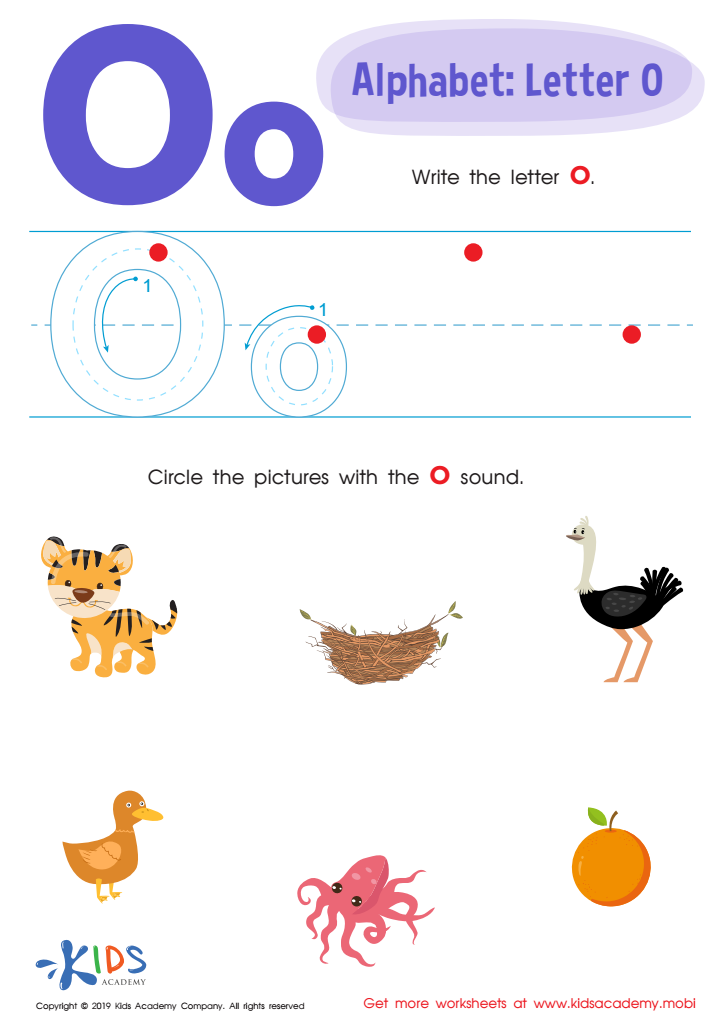

Letter O Tracing Worksheet
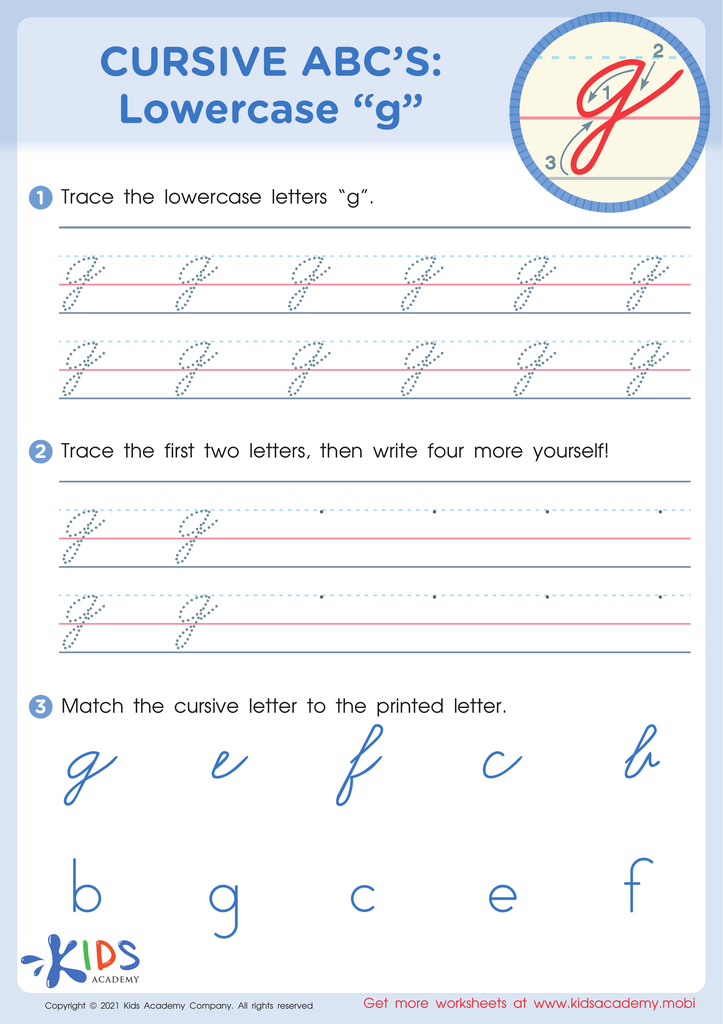

Cursive ABCs: Lowercase g
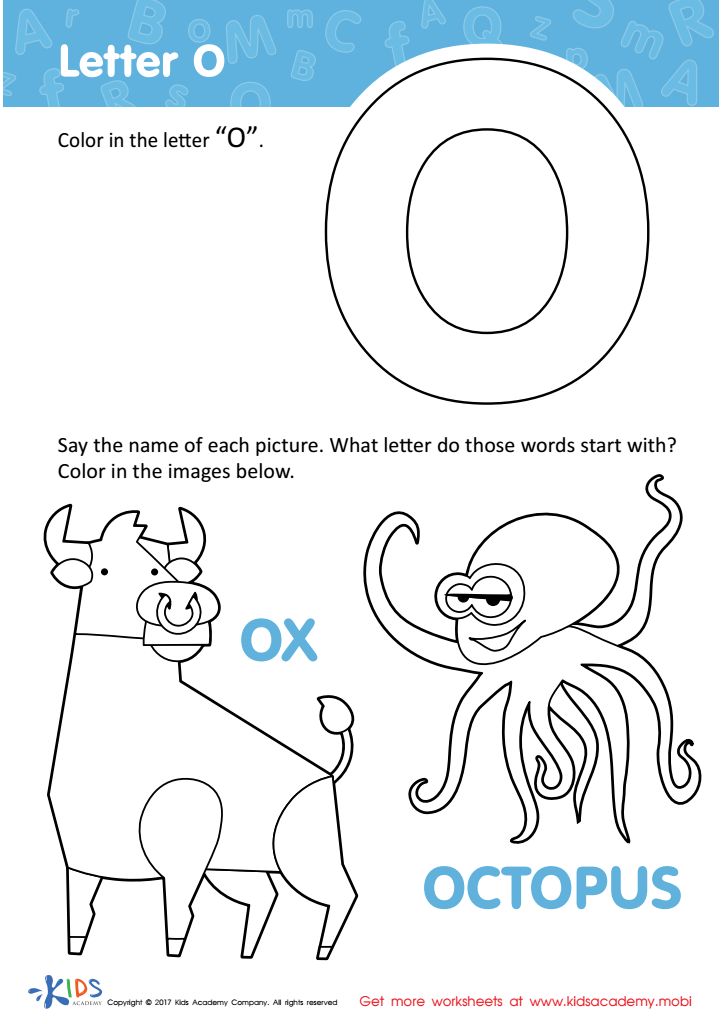

Letter O Coloring Sheet
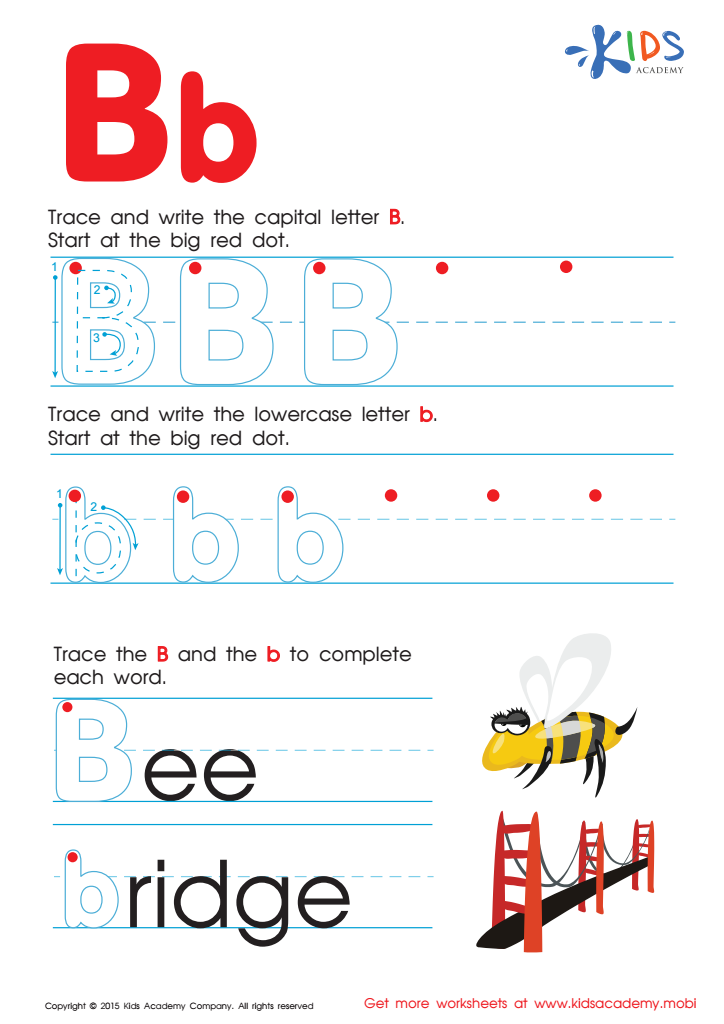

Letter B Tracing Page
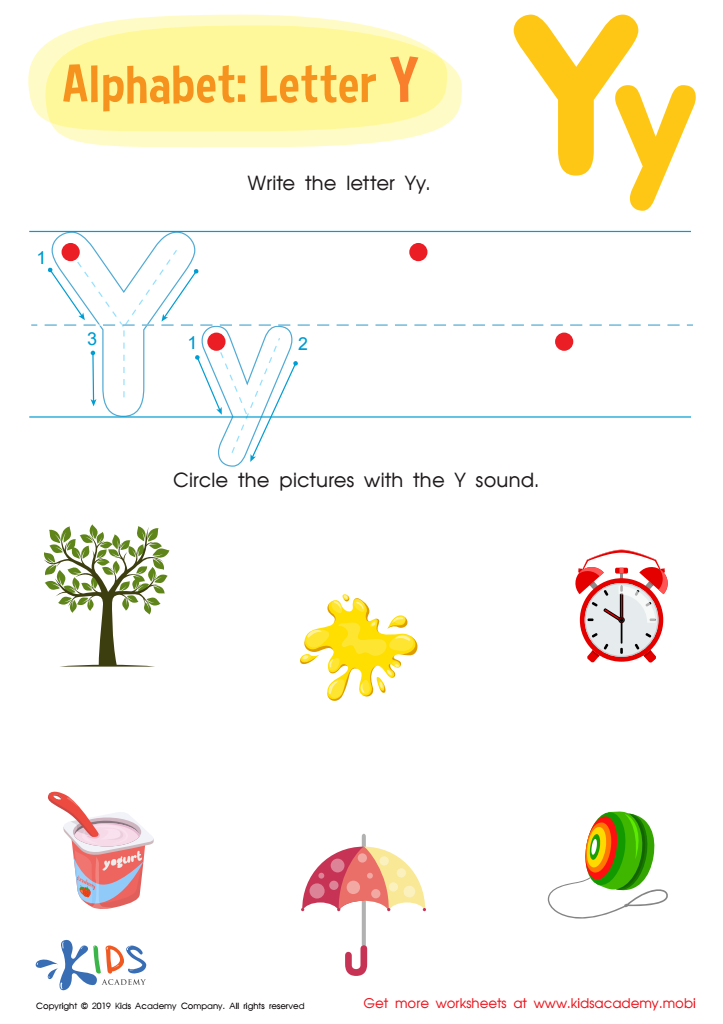

Letter Y Tracing Worksheet
Motor skills development is crucial for children aged 3-9, as these skills form the foundation for their overall growth and learning. Fine motor skills, involving small muscle movements, and gross motor skills, which include larger body movements, play a vital role in a child's ability to perform everyday tasks. When parents and teachers prioritize motor skills development, they help children enhance their coordination, balance, and agility, which are essential for activities ranging from writing to playing sports.
Moreover, mastering motor skills can significantly impact a child's self-esteem and confidence. Children who struggle with these skills may feel discouraged or frustrated, which can hinder their social interactions and willingness to engage in new experiences. Engaging children in activities such as drawing, cutting, and playing games fosters not only physical development but also cognitive skills like focus, patience, and problem-solving.
Incorporating motor skills development into early childhood education aligns with national standards and supports academic performance. It helps prepare children for school readiness and successful participation in various learning environments. By recognizing the importance of motor skills, parents and teachers can provide children with the necessary tools to flourish both physically and academically, laying the groundwork for a healthy, active lifestyle.
 Assign to My Students
Assign to My Students



















